
For permanent and temporary grassland, ILVO recommends using grass mixtures based on varieties whose properties have been tested under Belgian conditions and that are included in the Belgian variety list.
On behalf of the Flemish Government, ILVO performs comparative trials with all varieties of the forage crops and green cover crops on the Belgian national list of varieties. The results of these trials are published annually in descriptive and recommended variety lists. This website shows the most recent list per crop.

For permanent and temporary grassland, ILVO recommends using grass mixtures based on varieties whose properties have been tested under Belgian conditions and that are included in the Belgian variety list.
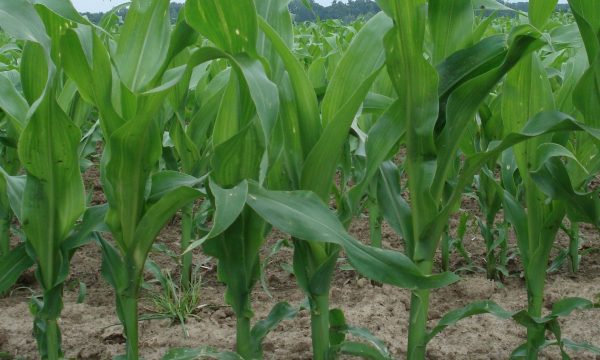
Maize is a productive and energy-rich crop that stores well as silage. The varieties have undergone intense evolution since their introduction in Belgium in the 1970s.
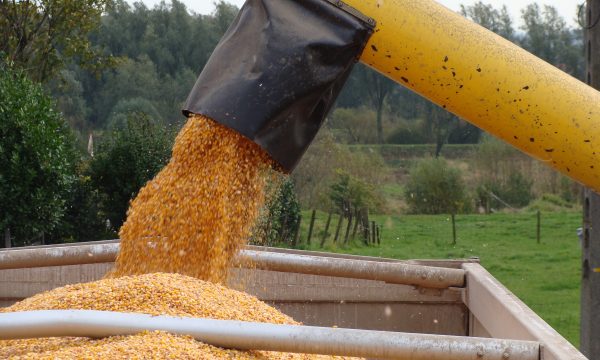
Maize varieties are changing quickly. New varieties often combine a high grain yield with a low moisture content in the grains so they mature earlier.
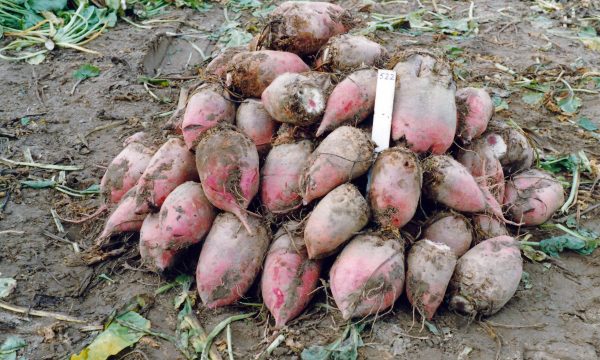
Fodder beets have a high production capacity and are a tasty, high-quality roughage. Fodder beets are also an interesting third crop for livestock farms..
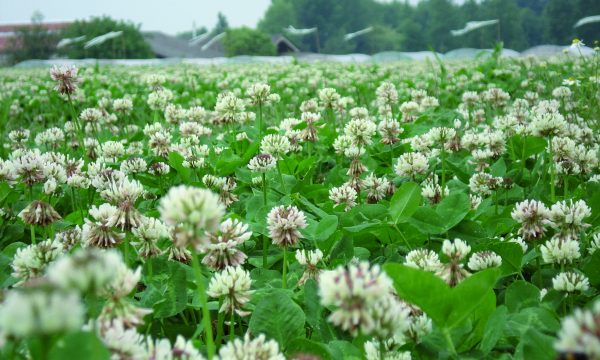
Farmers wishing to operate more sustainably are showing interest in white and red clover. The main variety characteristics of these legumes are shown in the variety list.

Cruciferous green forage crops (turnips, leaf cabbage and marrow-stem kale) are valuable alternative forages, especially in years with abnormal weather conditions.

A green cover crop benefits the soil structure. The Belgian Variety List includes varieties of fodder radish, white mustard, vetches, facelia, ryegrasses and rye.
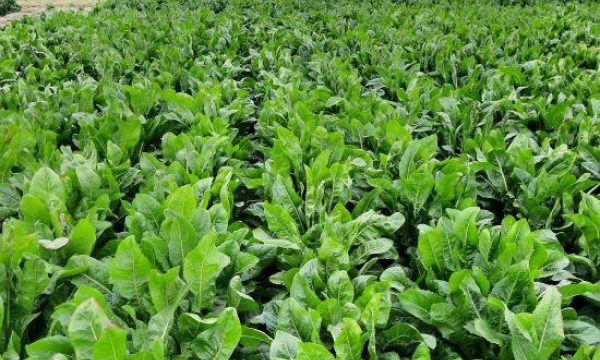
Chicory is an important crop in Flanders. These tables give you all the information you need to choose the right variety for your plot.

Soy is an important protein source in animal and human nutrition. Soybeans are rich in protein as well as oil. Local cultivation of soy is not easy at the moment - early maturing varieties are a must.

Quinoa is een duurzaam en stressbestendig gewas dat door de klimaatverandering een robuust en rendabel alternatief kan zijn in de gewasrotatie van de akkerbouwer.